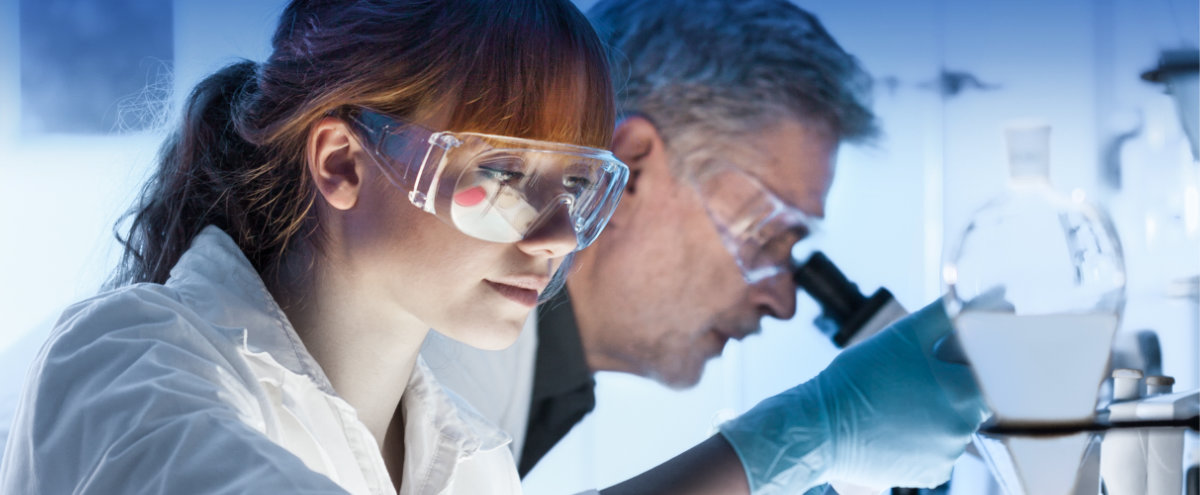Plant-Beneficial Microbe Interaction
ApplyProject Description
Abiotic stresses are the most important factors for hampering plant growth and yield world-wide. However, beneficial microbes can help plants to enhance stress tolerance of plants. DARWIN 21 is a large scale project to isolate and study the interaction how rhizophere microbes contribute to enhance the capacity of plants under the most difficult abiotic stress conditions (http://www.darwin21.net/index.htm).In this project, the student will characterize several rhizosphere microbes and investigate whether they can confer plant resistance to different abiotic stresses. The student will learn how to apply techniques in microbiology, molecular biology and plant biology.
 Division -
Biological and Environmental Sciences and Engineering
Division -
Biological and Environmental Sciences and Engineering
About the
Researcher
Heribert Hirt

Desired Project Deliverables
Isolation and characterization of bacterial strains. Analysis of beneficial microbes on plant physiology. Sequencing and bioinformatics to analyze microbial genomes, transcriptome and proteome analysis of beneficial microbes and plants.

